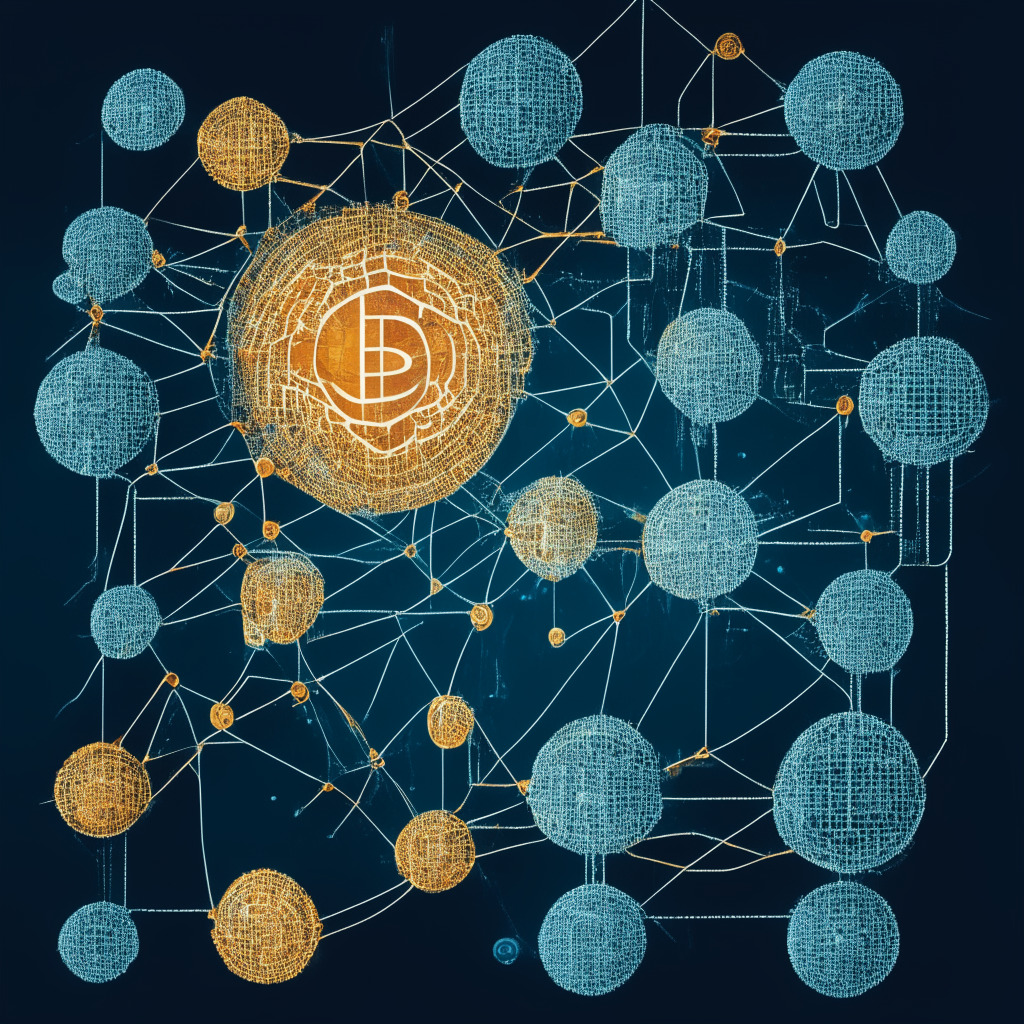Nigeria’s Securities and Exchange Commission (SEC) appears to be taking a step towards embracing the tokenized future by reportedly seeking to license digital exchanges that would allow the issuance of asset-backed tokens within the nation. However, this development does not indicate plans to legalize Bitcoin (BTC) and other cryptocurrencies in the near term.
Though Bitcoin and altcoins were banned in Nigeria, the most populous African country, residents have turned to peer-to-peer (P2P) exchange platforms to trade digital assets. It seems that narrative could soon change with the SEC, the agency responsible for regulating Nigeria’s capital market, preparing to license firms that offer tokenized assets backed by equity, debt, real estate, and other financial instruments, just not cryptocurrencies.
The SEC is planning to register fintech firms as tokenized coin issuers, digital sub-brokers, and more. However, the financial regulator has clarified that crypto exchanges will only be permitted in Nigeria if market participants reach an agreement with the central bank on “standards.”
Fintech firms interested in offering tokenized assets will be required to participate in a “regulatory incubation period.” During this period, they will only be allowed to provide minimal tokenized products under the SEC’s supervision before the regulator’s final decision.
Abdulkadir Abbas, SEC’s head of securities and investment services, said, “We always like to start, as a regulator, with a very simple clear proposal before we go into the complex ones. By the 10th month, we should be able to determine whether to register the firm, extend the incubation period or even ask the firm to halt operations.”
Although the SEC indicated last December that the usage of crypto as “capital for investment” would be approved after Nigeria’s “Investments and Securities Act, 2007 (amendment) Bill” became law, the regulator has not acted on it even though the bill has already taken effect.
Recall that Nigeria’s central bank announced plans earlier this year to devise a regulatory framework for stablecoins and initial coin offerings (ICOs), viewing them as potential tools to attract foreign direct investment in the country.
If the SEC’s regulatory incubation process for tokenized assets proves successful, it is highly likely that the regulator could collaborate with the central bank to expand the framework, potentially including support for digital currencies in the near future.
Source: crypto.news




